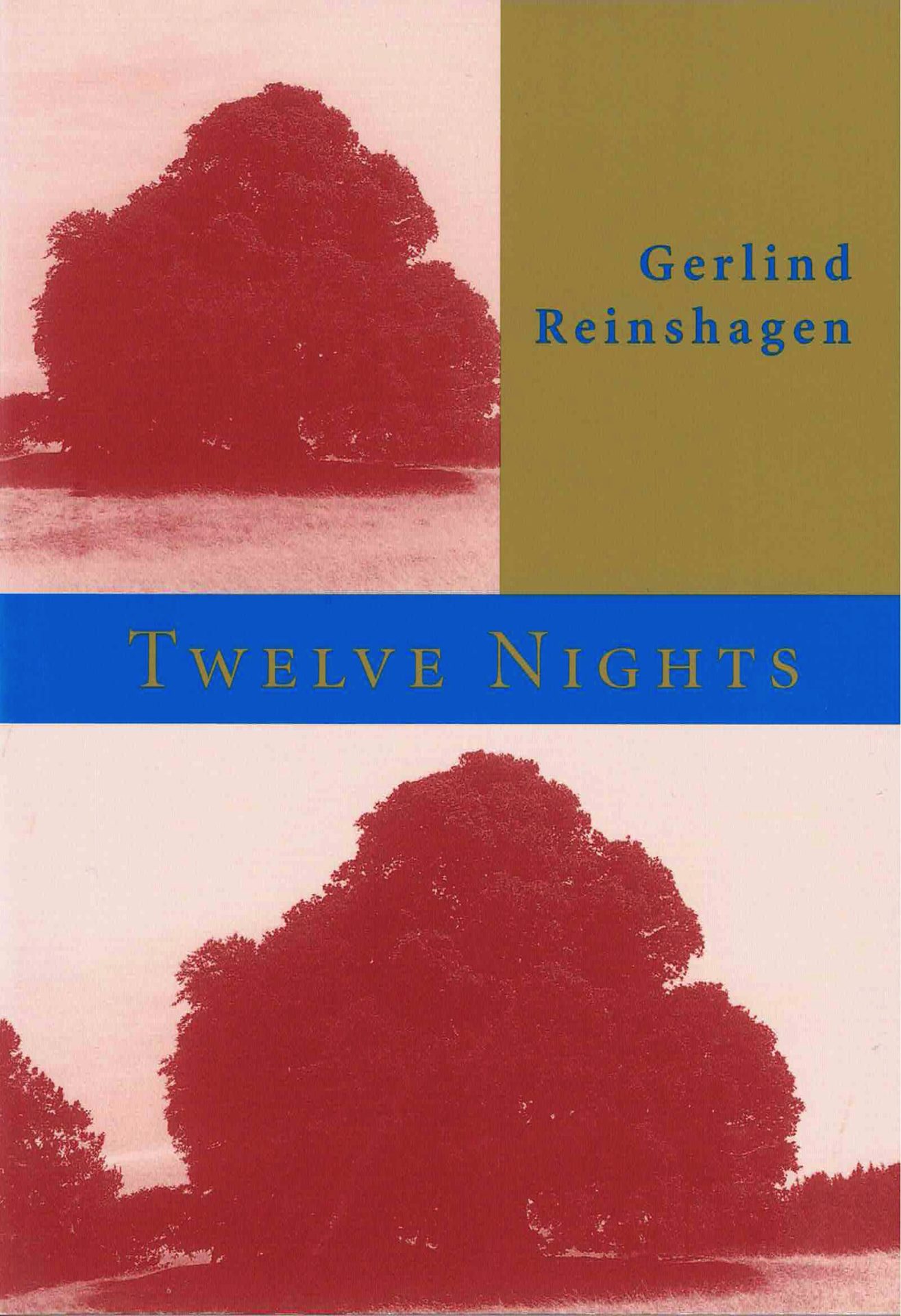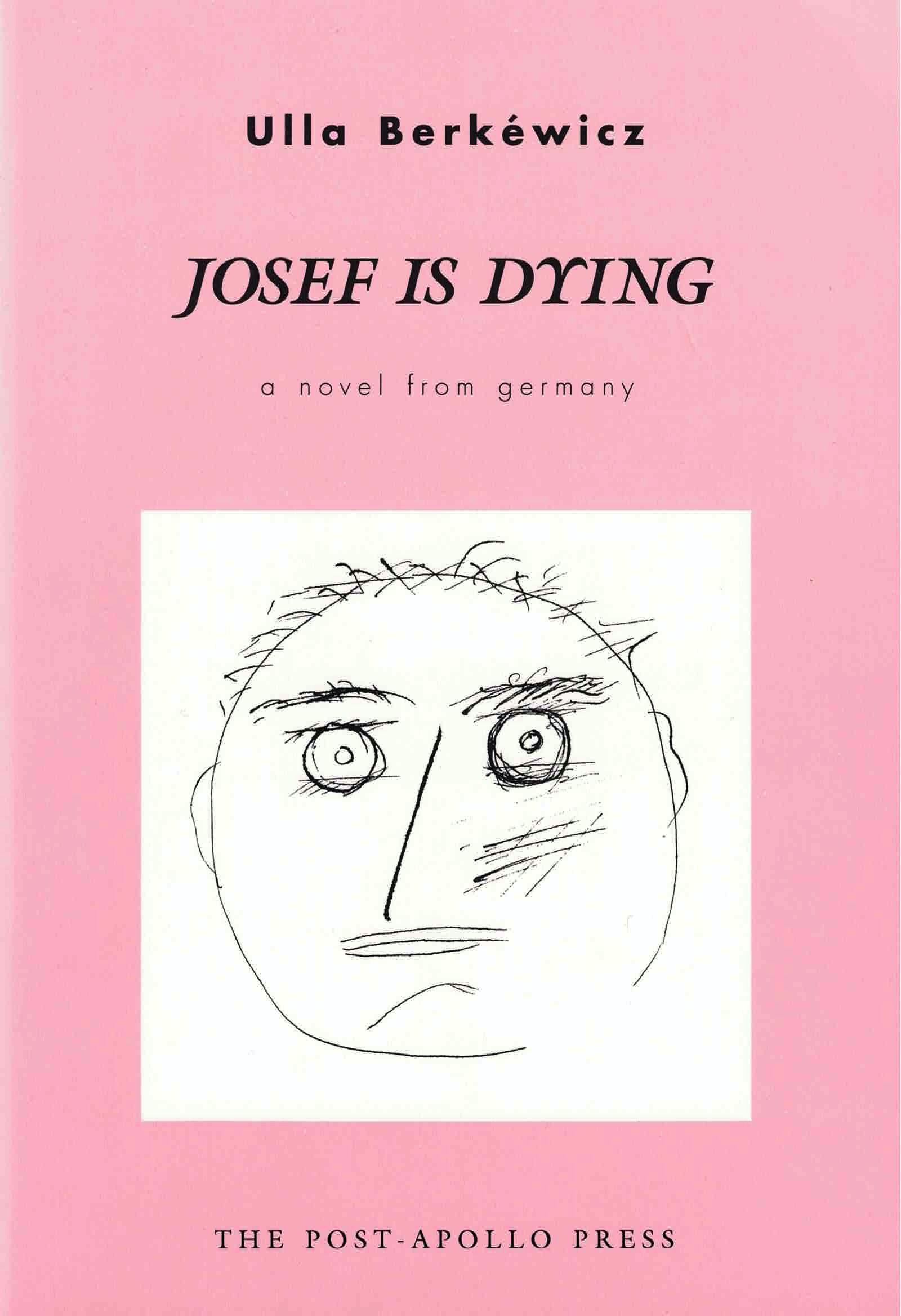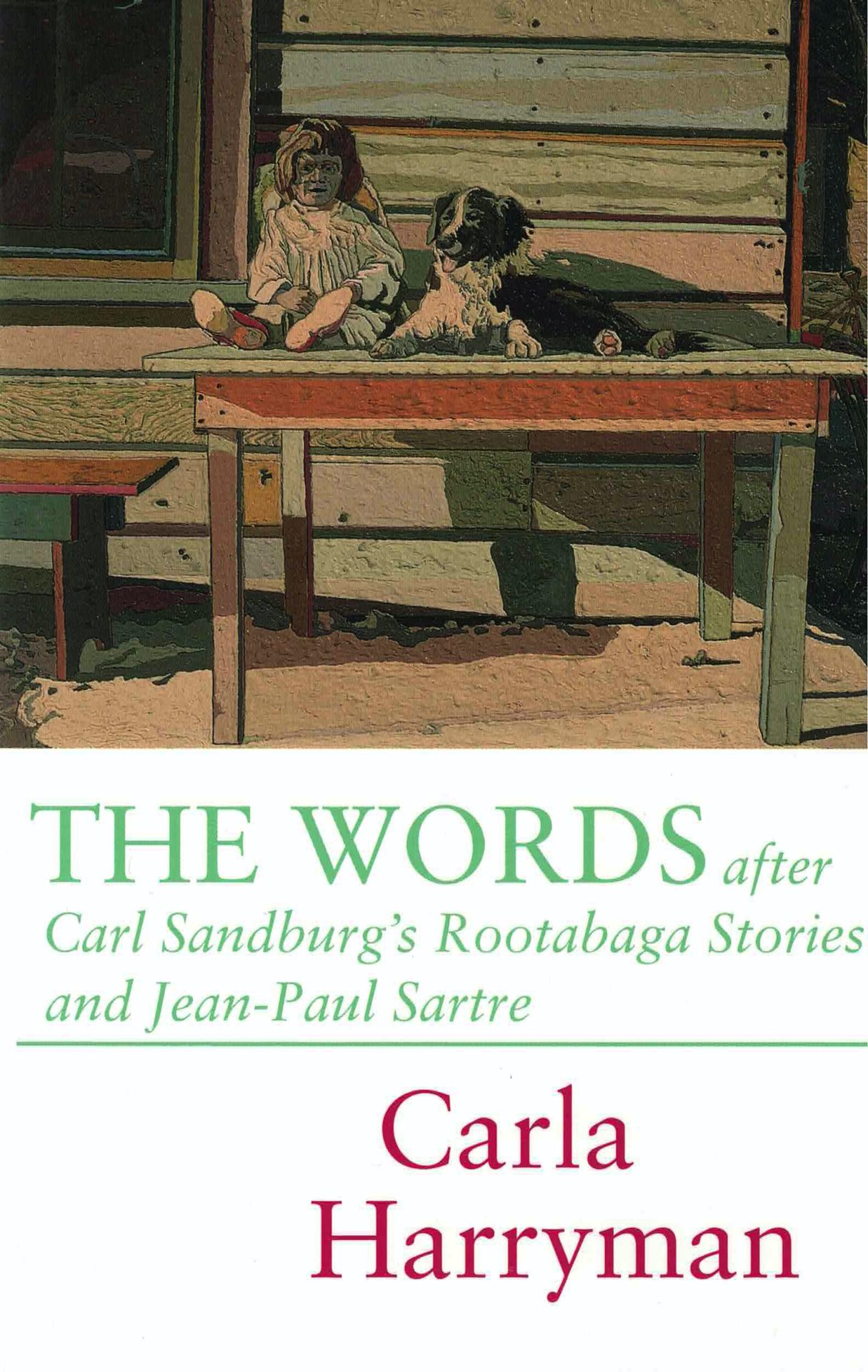To enter Twelve Nights, you must pass through a fractured threshold, placing one foot in lyric, the other in prose glittering with fairy tale and recent past. Ghosts are abroad; memories strike when least expected, biting like animals. These are the hopeful, forgetful times of reconstruction, where masks are exchanged, friends are mistrusted, and those who learned to survive the war betray signs of madness. “How long does misfortune slumber before it wakens?” For Reinshagen’s characters, remembrance is a heroic act. Their stories return to history its essential unreality, the inconceivable inseparable from its fact.
Gerlind Reinshagen
Anthony Vivis
Praise for Twelve Nights
Gerlind Reinshagen, who is best known as a dramatist and writer of radio plays, reveals herself as a gifted storyteller. Her compositions are tough, purposeful, laconic. The charm of these texts lies in the tension between the austere narrative framework and the yielding, lyrical language.
— Pia Reinacher, Frankfurter Allgemeine Zeitung
Twelve Nights is a beautiful and silent book, into which you have to find your way; but once inside, the book won’t let you go until you’ve found a story of your very own.
— Wiesbadener Tagblatt
At last readers of English can experience the expressiveness and descriptive powers of Gerlind Reinshagen, one of Germany’s foremost living novelists and playwrights.
— James H. Spohrer, University of California, Berkeley
Gerlind Reinshagen is a dramatist and writer of radio plays whose work has established her as an important figure in contemporary German literature and performance. In Twelve Nights, her first novel to be translated into English, Reinshagen presents twelve narratives that depict Germany both during and after World War II. Characters must deal with issues of memory, identity, trust and friendship in their attempts to deal with the rebuilding of their country.
— Translation Review





[L]ike W. G. Sebald, Reinshagen homes in on memory’s affinity for the visually visceral. But such searing flashes of clarity are the exception; generally, this book is as opaque, impressionistic, and poetically messy as memory itself. Readers familiar with the genre will enjoy Reinshagen as a complement to Sebald, Uwe Timm, and Gunter Grass.
— Brendan Driscoll, Booklist